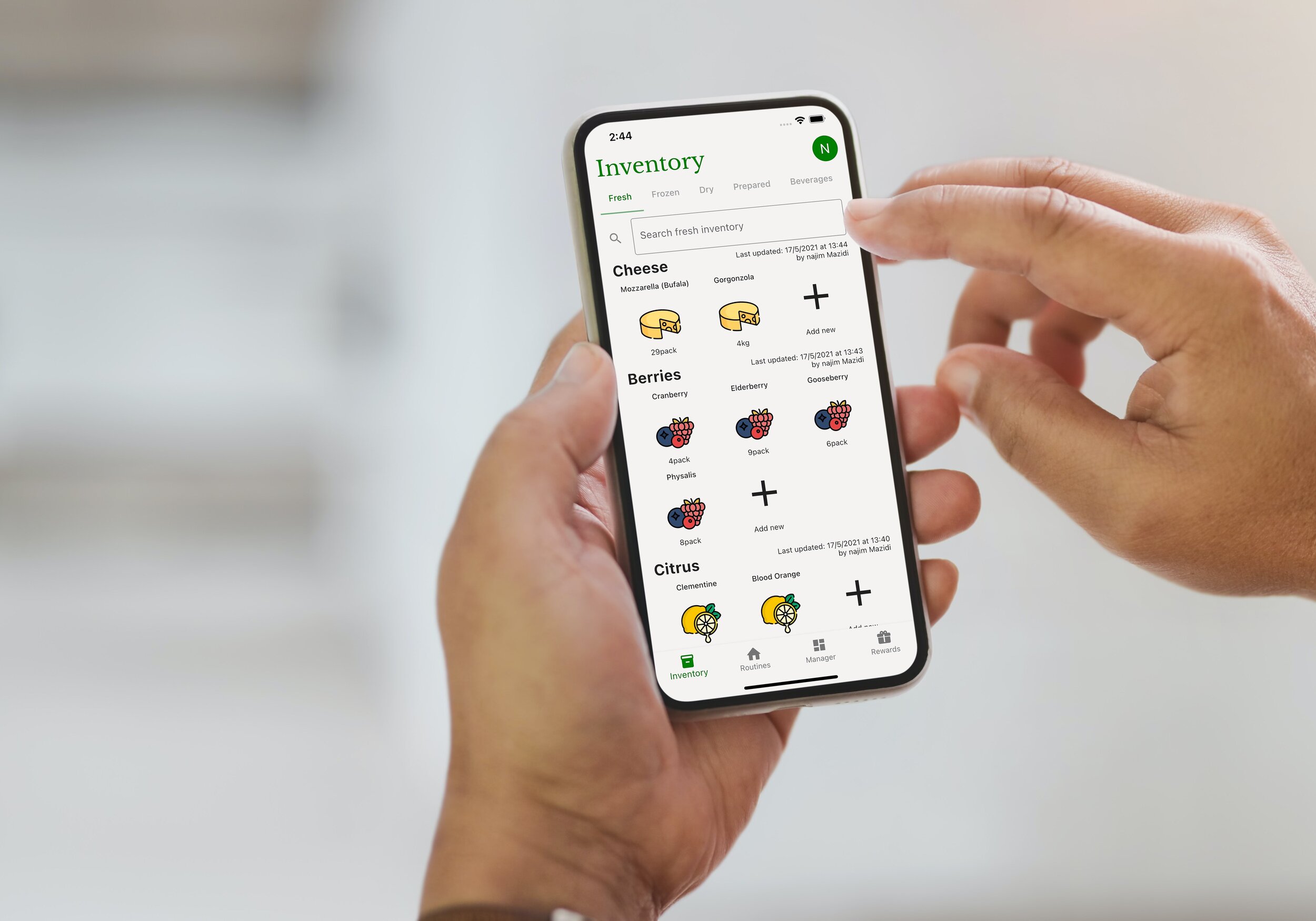What is Food Hygiene Compliance?
Food companies are legally required to keep food hygiene records. Food hygiene compliance must be recorded at all stages of the food supply chain and could include records relating to manufacturing, cleaning, delivery, procurement, storage, or import of food. These records are important for identifying whether something has happened to the food which could leave it in an unhygienic condition, which has the potential to be dangerous for the customer.
What are Food Hygiene Records?
Food hygiene records are there to document all of your food manufacturing processes you go through at your company. It should include all of the risks connected with that manufacturing, how you manage these risks, and the standard precautions you have in existence, including everything to do if something goes wrong. The most common food hygiene records taken by the hospitality industry are:
Fridge temperatures at opening and closing times
Cooking and cooling temperatures of high-risk items (eg. meats)
Delivery temperatures (temperature of a high-risk item when your business receives it)
Reheating temperatures
What is HACCP?
HACCP concepts are the foundation of food safety practices all around the globe.
HACCP is designed to regulate food hygiene in a variety of food enterprises and applies to operations at each and every level of the food supply chain, involving manufacturing, processing, packing, transportation, and preparation for service. To help get a better understanding of HACCP procedures, watch our clear and simple tutorial video here.
What is Kitchen Inventory?
Using an inventory control system improves the efficiency and profitability in businesses across the whole food industry - including quick-service businesses, event firms, as well as other restaurant and refreshment organizations. Inventory supervision technology assists food and hospitality businesses in managing waste, increasing productivity, and controlling cash flow.
Establishing an appropriate inventory control method could also assist you in reducing overhead expenses and managing your menu. Inventory monitoring systems mean you can employ much better decision-making when it comes to how much stock is bought, used, and stored - this increased efficiency helps to save money as well as reducing environmental impact.
How Can Document Management Software Help Your Food Business?
Food firms keep extensive documentation for a variety of purposes, including documenting how the product was treated and labeled to ensure that food is not altered or mislabeled while under the food company's management.
When the whole company is concentrated on providing consumers with the services they require, documentation might feel like a drag. The inconvenience, however, is utterly unnecessary in the internet world of digital files and cloud services.
Document management software may be a lifesaver for any business - it boils down to an online network that saves electronic files, organizes things for users, and makes them visible from almost anywhere.
Through the use of cloud services, as well as a solid privacy architecture, document management software allows you to save, organize, protect, and retrieve all of your files from any device with online connectivity. In several respects, employing a document management solution is similar to having your own dedicated private secretary who never naps, always understands which documents you want, and most importantly, doesn't demand a salary!
Why taking Pen and Paper Records is a Disadvantage For Your Business
Food hygiene is critical in any food industry and maintaining it is an ongoing issue. Unfortunately, most food businesses still record hygiene data manually, which is often time-consuming and inaccurate.
Regardless of the industry, you are in, paper records are very inconvenient when it comes to storing and managing your files. Compiling, organizing, or looking through large file binders or drawers is a completely outdated and virtually non-existent experience for the vast majority of modern professionals. Why does this still happen in the hospitality industry?
Besides the annoyance of having to keep hold of a lot of files, using pen and paper to keep records is also really time-consuming. Switching your attention towards pen and paper to manually keep a record of food hygiene and kitchen inventory is an awkward and unnatural process in the stressful and high-octane environment of many kitchens.
Disadvantages of Using Pen and Paper
Lack of security. Paper records can be misplaced or damaged for multiple reasons, such as a disorganized storage system or the negligence of an employee. Even when there are no issues regarding restaurant cleanliness, this might result in your company receiving a low hygiene grade. Electronic files are privately kept in the cloud and are always available for review.
The accountability of paper records is also very poor. Staff is often too occupied to write consistently accurate hygiene records - writing things up late or perhaps even ahead of schedule. Electronic documents are marked with the date, month, and employee name, allowing you to know all the relevant information.
Food Hygiene Supervisors must visit the business and physically access the documents in order to obtain pen and paper data. Using electronic evidence, a food hygiene inspector can access data for any of their businesses in real-time from anywhere in the world. This reduces the need for food hygiene officials to visit businesses and consequently lowers the chance of them giving your business a lower food hygiene score.



